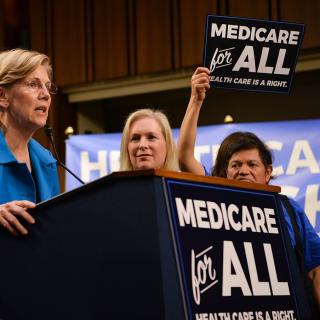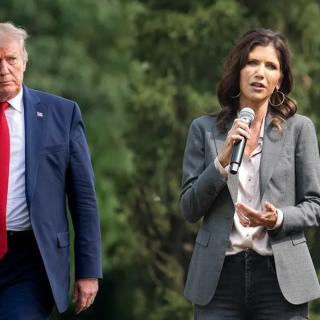Advertisement
You may have seen or read ads for Britta water filtration systems that shows plastic bottles lined up end to end along a coastline. The narrative tells us that the number of water bottles that are thrown away could circle the Earth 50 times – an astounding 38 BILLION bottles. It’s a mind boggling number! And that’s not the only problem with bottled water.
The amount of oil used to make these bottles annually would power one million cars for a year. Environmentally, aside from oil use, bottle water extraction has a huge impact on local water resources. The “Big Three” culprits in this crisis – Coke, Pepsi and Nestle – are getting access to water both in the form of city water and underground water resources at a huge cost to local communities around the world. People have seen their wells dry up and lakes and rivers run dry. In one case the corporation is paying 1/64 cents for a gallon of water, selling it at a huge profit, $1 per gallon. In Sacramento, in 2009, Nestle signed a contract with the city for access to city water for $0.71 for 748 gallons of water! This example is not unique.
In addition to the environmental impacts of bottled water are health and safety issues. Tap water is regulated and tested regularly for safety. The Food and Drug Administration is tasked with monitoring the bottled water industry and hasn’t the agents to do the job. So they let the corporations police themselves for safety. We know how well that works. Through billions of dollars spent to spin the truth, they’ve created the image of tap water as less safe and tasty than their products, when reality is the exact opposite. In his book, Bottled and Sold: The Story Behind Our Obsession With Bottled Water. Peter Gleick writes about the contaminants in the bottled water tested. The range is chilling: benzene, mold, sodium hydrochloride, kerosene, styrene, algae, yeast, elevated chlorine, filth, glass particles saiatizer, tetrahydrofuran, sand, fecal coliforms and other forms of bacteria and crickets! YUK! Additionally, as to taste, in a blind taste test in Chicago, 2/3 of participants preferred tap water over the bottled brands – Dasani (Coke) and Aquafina (Pepsi).
If you want to be part of the solution to this problem and protect yourself and your loved ones, don’t buy bottled water! Instead use reusable water bottles, of which there are many attractive choices. Use filtered water (Britta, Pur, etc) or fill your bottle with tap water. Either choice is vastly better that the bottled alternative. And don’t forget that the chemicals in water bottles can leach into your water, so avoid them all together.
We are in the midst of a growing global water crisis. Other things you can do to help are: use a lowflow shower head, don’t let the water run while you’re brushing your teeth or washing your hands. When washing dishes, use a container of soapy water to wash, and then rinse the dishes rather than letting the water run while you wash one at a time. Be creative in how you can conserve this essential resource.
So, here at Yoga on High we are phasing out bottled water. We hope you’ll support our effort and do your part to be “part of the solution.”



